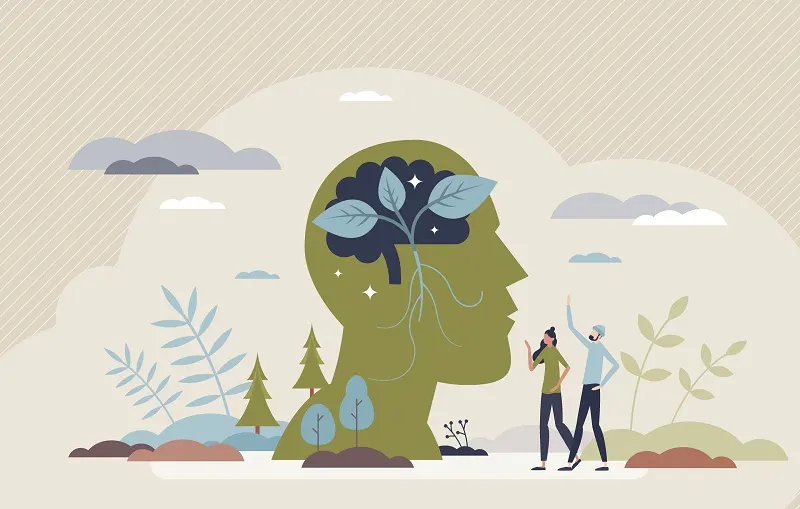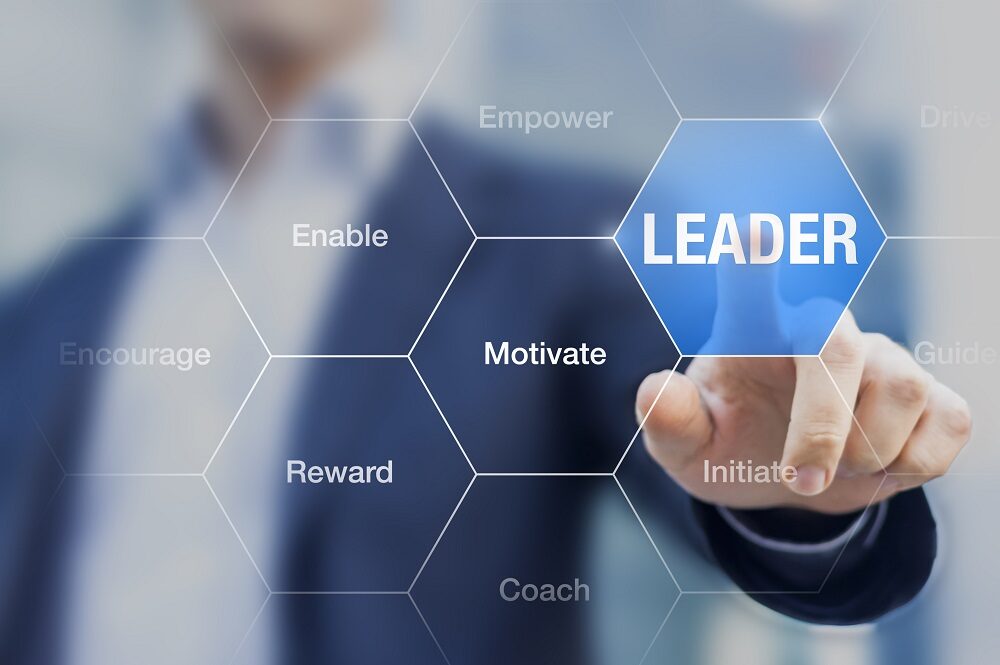In recent years, the concept of sustainability has paved its way in the educational field, teaching and encouraging children to adopt various sustainable behaviors: from using less electricity and water to reusing recycled material; therefore, the understanding of sustainability has been limited to its relation to the ‘external’ environment. What these children are missing is a sustainability mindset, one with a set of principles that shed light, not only on sustainable behaviors, but also on sustainable thoughts and emotions.
What is a ‘Sustainability mindset’?
Isabel Rimanoczy, in her book “ The Sustainability Mindset Principles”, describes 4 main principles: Ecological worldview, Systems perspective, Spiritual intelligence, and Emotional intelligence. This blog will focus on 2 of these principles, emotional and spiritual intelligence, both of which intertwine beautifully with my field of work: Social Emotional Learning.
Emotional Intelligence
Emotional intelligence is one of the core components of social emotional learning. It is a very significant, acquired, and transferrable 21st century skill. It can be described (partly) as one’s ability to have a thorough understanding of one’s strengths, weaknesses, needs, wants, beliefs, values, and motivations (self-awareness) and the ability to understand and regulate one’s emotions as well as that of others. Being self-aware helps us explore all these aspects within us on a deeper level, understanding how they directly impact our behaviors. This helps us gain more control over our own actions, giving us a sense of responsibility by placing us at the center of any problem. Emotionally intelligent people would rely on themselves (self-reliance) to find a variety of ways to solve any issue with the least possible damage to them and everything around them. Coupled with the skill of self-reflection, emotionally intelligent people practice pausing before reacting and jumping into conclusions. Emotional awareness and regulation (which is not the same as repression) give way to resilience which feeds on constant creativity, innovation, and experimentation all of which are rooted in a sustainability mindset.
Spiritual Intelligence
Rimanoczy also speaks of spiritual intelligence as a main principle of a sustainability mindset. It is also linked to social emotional learning with its incorporation of the practice of mindfulness. Mindfulness has been studied in the scientific community for decades. It is now an accepted and evidence-based therapeutic approach to reduce levels of stress and anxiety. Can it also be used to shape our sustainability mindset?
Mindfulness is defined as one’s ability to maintain focused attention on the present moment, nonjudgmentally. One of the mindfulness techniques used is called grounding. Along with deep breathing, the grounding technique encourages the person to use their 5 senses to be in touch with their surroundings, right there and then. This practice by itself is known to create some kind of oneness and interconnectedness with the place you’re in. Breathing in and out for a minimum of 5 minutes, not only relaxes our body, but also helps us tune in to the air we’re breathing: the air that is highly impacted by rising levels of pollution on a global level (99% according to WHO report). Listening to sounds in the environment also helps us tune in to the present moment and makes us aware of noise pollution and its disturbance with our optimal state of mind that is often reached by prolonged periods of silence. Moreover, mindful eating is another way to stay tuned to what we are allowing in our bodies. The practice allows you to slow down, chew the food, taste every tiny ingredient, disconnect from any other task you’re doing at that moment, and at the same time, allow some self-reflection and questioning of the quality of your food. A person seeking a healthy lifestyle also seeks sustainable solutions, indirectly feeling more “one” with nature.
Sustainability is a global duty that starts at a very personal level. Because change happens from the inside out, to create a better, healthier environment, we must break the dichotomy that separates us from it and instead see every part of this world as resembling different parts of us.
By Yara Rouhana



